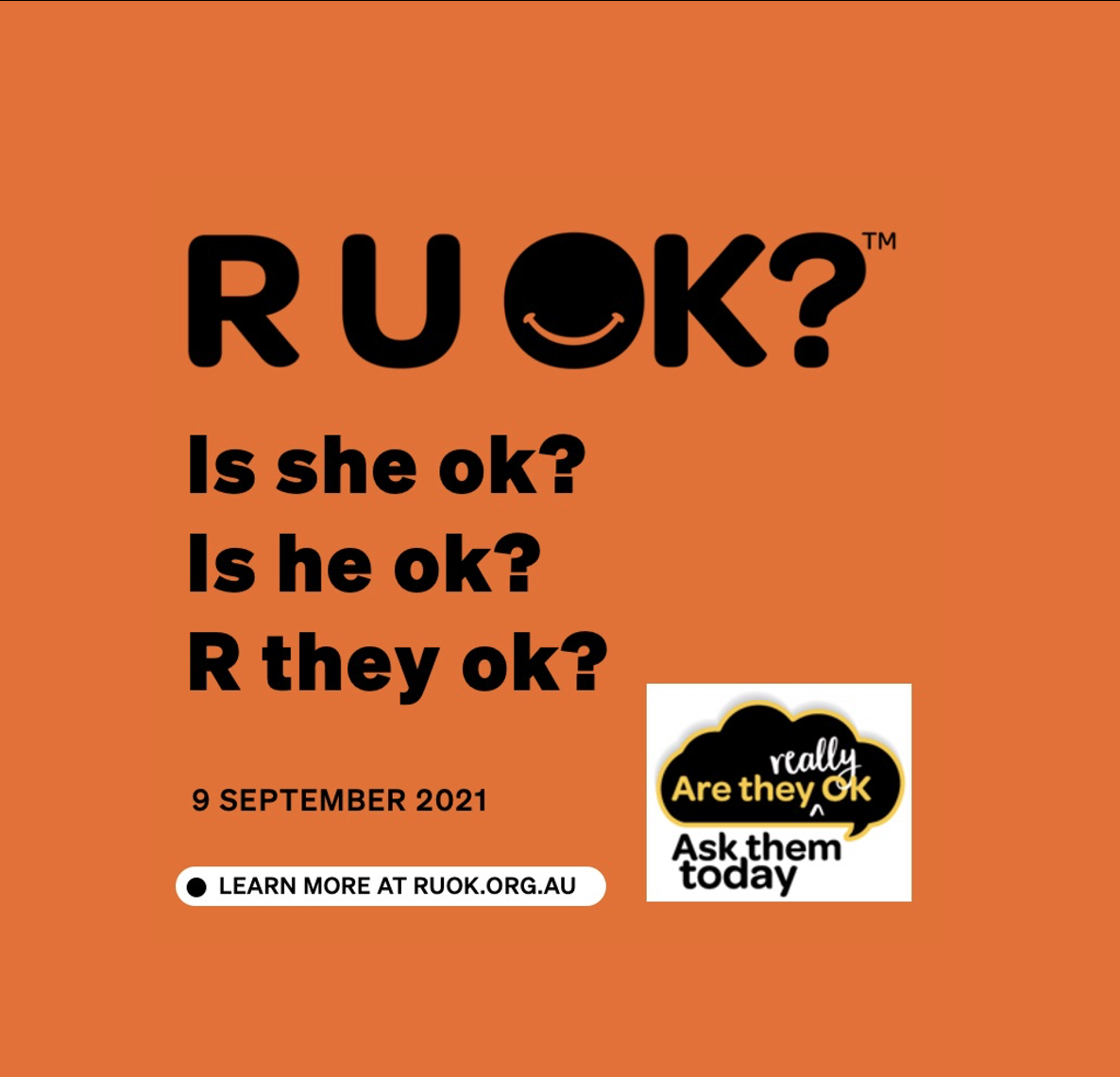The terrible fact is eight people take their lives every day in Australia and 89% of people report knowing someone who has made a suicide attempt. To add to this, Covid is taking a major mental health toll – one in five Australians report high levels of psychological distress, with young people, women and those living with a disability the most affected by poor mental health.
A recent survey conducted by the Australian Bureau of Statistics into the household impact of Covid-19 reveals that women were more likely to suffer feelings of depression and anxiety than men – 23% compared with 17% – and those people living with a disability were almost twice as likely to report high levels of distress than those without – 29% compared with 17%.
Increasingly, women are having to curb their careers to manage the triple load of homeschooling, work and domestic requirements during lockdowns which is impacting the economic security of working mothers.
Studies from RMIT’s Centre for People Organisation and Work and Work + Family Policy Roundtable followed dual income families in 2020 and found mothers in heterosexual, partnered households are more likely to have changed their paid workload, voluntarily reduced their hours or chosen to avoid career progression due to the increased pressures of lockdown home life.
The impact of these pressures and conflicting priorities for women, plus the guilt associated with trying to juggle it all can’t be underestimated.
And the economic impact of COVID-19 has heightened anxiety for men around securing income and the weight of responsibility for protecting family members, with 62.1% of men expressing anxiety during the pandemic, according to AccessEAP.
Organisations have a role to play to ensure procedures are in place to manage mental health in the workplace and eliminating employee fear of disclosure.
Leaders and supervisors may feel ill-equipped to have conversations with team members about potential mental health concerns, so it’s important to provide training. Mental Health First Aid (MHFA) teaches people the skills to help someone who they’re concerned about.
These considerations relate to our NAWO Nine Levers for Gender Balance – specifically Layer 3 of our Levers – Supporting Successful Work / Life Integration. Read more here.
R U OK? Day focuses on helping people keep connected and by doing so, protected those at risk from suicide.
Highlighting R U OK? Day reminds us to be checking in with those around us – our colleagues, in our community or at home – our family members both young and older. The R U OK? website provides some really helpful work, educator and community resources to support you in connecting with people and how to ask if they are ok.
Here are some national and state resources
- Mental Health First Aid Australia: In response to Covid-19, Mental Health First Aid Australia has recently released new 100% online versions of their evidence-based courses for workplaces and the general community.
- Beyond Blue: This not-for-profit organisation provides information and support to help everyone in Australia achieve their best possible mental health. Beyond Blue runs a 24/7 telephone hotline and also offers online chat and email support.
- Lifeline: A registered charity that provides crisis support via a 24/7 phone service. Lifeline also offers support via SMS and web chat each evening. Its website contains help pages for a range of real-life issues and mental-health conditions.
- Black Dog Institute: A mental-health research institution affiliated with the University of NSW that offers a range of online resources. These include tests that can help determine whether you would benefit from seeking further assistance.
- GROW: A charitable organisation that runs in-person and online groups to help people suffering from anxiety, depression and other mental-health conditions.
Selected state-by-state resources
- Australian Capital Territory : Access Mental Health, also referred to as the Mental Health Crisis Service, is a free telephone intake, referral and information service that operates 24/7 and is a first point of contact for all ACT residents.
- New South Wales: The Sydney-based Way Ahead Mental Health Association has a phone line and online directory that puts people in touch with medical help and other services relevant to their mental-health needs.
- Northern Territory: Mental Illness Fellowship of Australia (NT) is an online hub and toll-free phone number connecting Territorians – including carers of those with amental illness – with support groups, accommodation, medical providers and workshops.
- Queensland: 1300 MH CALL is a confidential mental-health telephone triage service that provides the first point of contact to public mental-health services to Queenslanders. 1300 MH CALL is available 24/7 and will link to the caller’s nearest Queensland Public Mental Health service.
- South Australia: Skylight offers up-to-date information, mental-health support and NDIS services for those experiencing mental illness, family members and friends who care for them, and community and corporate organisations.
- Tasmania: The 24/7 Mental Health Service Helpline is a central point of entry to Tasmanian mental-health services. It is staffed by community mental-health clinicians, who can assess your information and determine the most appropriate action.
- Victoria: Tandem is the Victorian peak body representing organisations that advocate for family and friends of people living with mental illness. It operates a Support and Referral phone service both for individuals with mental-health needs and their families and friends.
- Western Australia: HelpingMinds offers free support to the family and friends of people living with mental-health challenges across WA. While HelpingMinds doesn’t operate a phone counselling service, it does provide counselling to carers by appointment and organises regular support groups.
